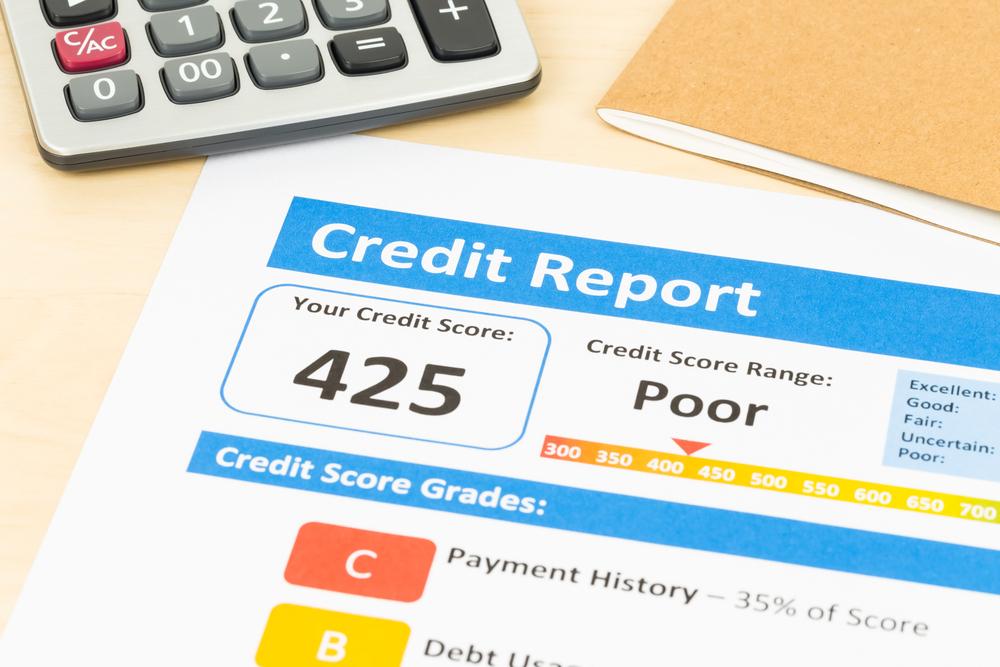Strategies to Boost Your Credit Score and Achieve Financial Confidence
Learn effective techniques to improve your credit score, including managing multiple credit cards wisely, controlling spending, and making timely payments. Building good credit enhances your chances of securing better loan terms and financial stability. Understand credit scoring algorithms like FICO and VantageScore, and apply these strategies to strengthen your credit profile for future financial success.

Effective Ways to Build and Enhance Your Credit Profile
Financial institutions provide consumers with lines of credit, such as credit cards and loans, to facilitate purchasing power for personal and business needs. The eligibility for these credit facilities is represented by a numerical value called a credit score. This score is a vital factor in lending decisions, reflecting your creditworthiness.
Understanding the credit scoring models used by rating agencies is essential for improving your credit health and securing better loan terms.
Here is an overview from a prominent credit scoring system:
FICO Credit Ratings Explained
Scores between 350 and 579 are classified as poor credit. Approximately 16% of people struggle to access favorable credit options due to low scores.
Scores from 580 to 669 are considered subprime, allowing limited access to credit with fair terms. About 17% of the population falls into this category.
A good credit score ranges from 670 to 739, qualifying individuals for better interest rates and loan conditions, with around 21% of citizens holding such scores.
Scores of 740 to 799 are recognized as excellent, offering access to favorable interest rates and repayment terms, enjoyed by roughly 25% of individuals.
Exceptional scores spanning 800 to 850 enable borrowers to secure the most competitive rates from top lenders.
While FICO is a prevalent scoring model, VantageScore offers an alternative assessment method for credit eligibility.
How to Improve Your Credit Score
Once aware of your score, you can adopt strategies to enhance it. Rebuilding a credit history can take time but is crucial for obtaining desirable lending terms. Financial institutions favor applicants with strong credit scores, indicating reliability.
Keep Your Cards Active
Having multiple credit cards can be beneficial, but it’s important to use them strategically. Even if some cards are less frequently used, avoid canceling them, as it may negatively impact your credit history. Distributing your spending across all your cards helps maintain a healthy credit profile.
Limit the Number of Cards
While balance transfers can consolidate debt from high-interest cards to more favorable ones, possessing too many cards can be detrimental. Aim to keep your total credit accounts to a manageable number, ideally no more than three, and use rewards and cashback offers responsibly.
Control Your Spending
Use only up to 30% of your available credit to prevent overspending. Experts recommend utilization rates around 10%, which can significantly boost your credit score.
Make Payments Promptly
Pay your bills in full and on time, avoiding late payments or minimum dues. Consistent, timely payments demonstrate credit reliability, fostering lender confidence and improving your score.
Note:
The content provided combines research, industry data, and expert insights. Due to changing financial environments, information may vary and become outdated. We recommend consulting a financial professional before making any financial decisions. We do not assume responsibility for inaccuracies or differing opinions.










